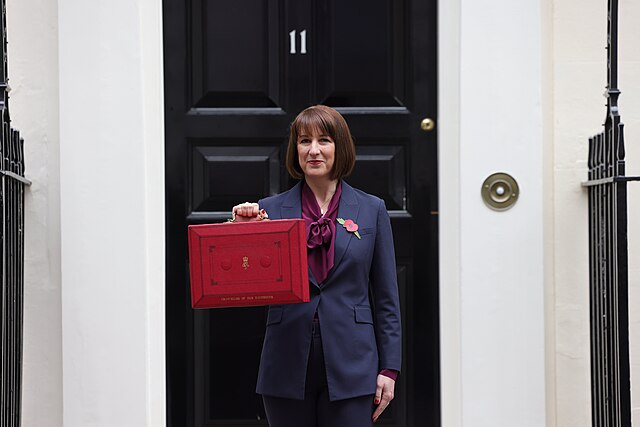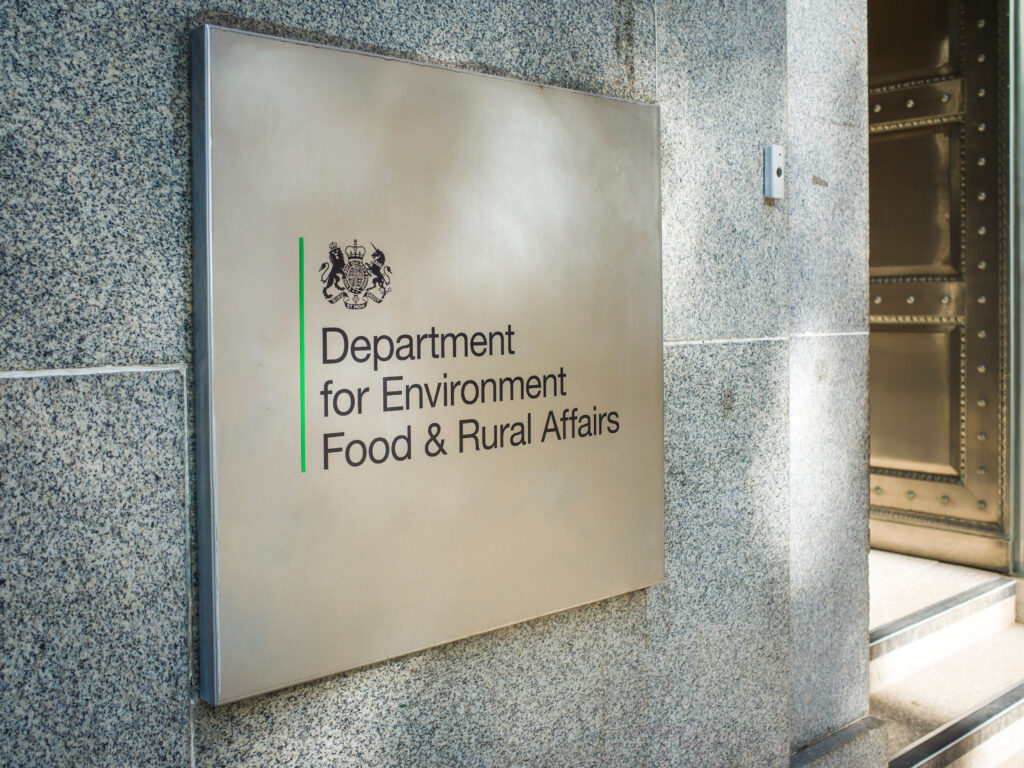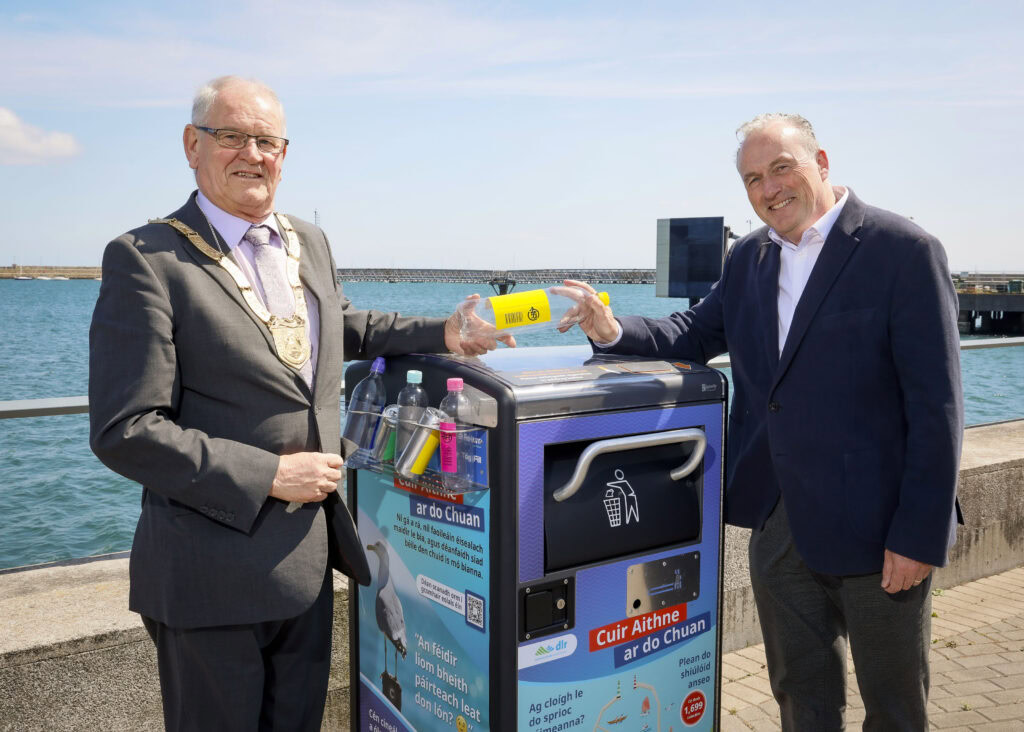The statement will be made at 12:30pm and is likely to include spending cuts, with the chancellor having already ruled out tax increases.
Mark Garrett, managing director at Clearpoint Recycling, explained: “My view is the spring statement will focus on the reducing public spending as the self-imposed fiscal rules provide limited scope to do anything else. Meanwhile rubbish and rats are filling the streets of Birmingham as collectors remain on strike.”

Refuse workers in Birmingham have been striking since January, with the industrial action increasing in intensity in mid-March.
He continued: “ENIC and increased minimum wage will push operating costs up for the labour-intensive facilities who are still trying to deal with lower energy price deals coming to an end. There is no specific help identified the recycling industry – you could ask ‘why should there be?’ Given they remain committed to net zero by 2050 there has to be action taken before the infrastructure that delivers the waste bit of it all but disappears.
“The only small sign of action to support the sector was in the meeting convened by the chancellor on the 17 March of regulators to discuss plans to cut red tape.”
At the meeting, it was mentioned that “a streamlined process for environmental regulations will also be put in place for major projects” however it is not clear if the Environment Agency (EA) was included.
The process is likely to include a loosening of regulations around the environmental impact of large-scale infrastructure projects rather than specific help targeted at the waste industry.
A warning on the overemphasis of growth
Garrett continued: “Growth is key to the sector as it generates waste and consumes resources which are often include recycled materials. For example, glass prices benefited from the building of HS2 through their inclusion in aggregates with so much concrete being poured.
“The fear is that with so much focus on the front end of production, growth and consumption, there will be little attention paid to the waste generated from the back end. The consequences of rapid growth without infrastructure to support it is present in developing continues with rivers of plastic.
“While not on the scale seen, we are seeing increased fly tipping and illegal dumping of waste, a glimpse of the future we could see without the right support for a growing ‘circular’ economy.”









Subscribe for free